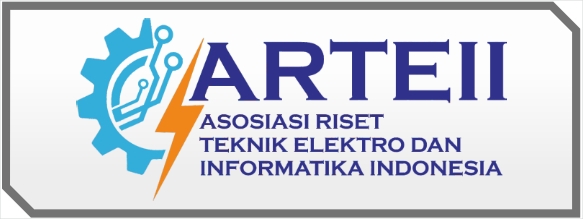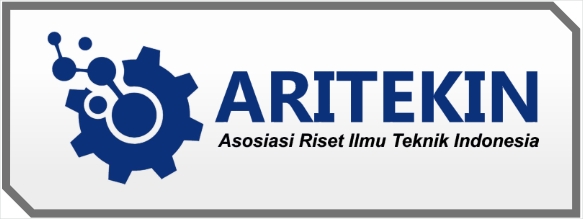Application Of E-Government In Welcoming The Era Of Contemporary Industrial Revolution 4.0 In Indonesia
DOI:
https://doi.org/10.55606/icesst.v2i2.317Keywords:
E-government, Welcoming, Industrial Revolution 4.0Abstract
This research aims to find out and examine the application of e-government in welcoming the era of the industrial revolution 4.0 which has recently been very influential in aspects of life in Indonesia. This is very interesting to study because during this transition period all countries and especially Indonesia have implemented the role of industry 4.0 in government components. The research method used in this research uses a type of normative legal research, with the research approaches used being a statutory approach and a case approach. The results of the first research analysis show that the development of the e-government system in Indonesia has begun to increase in quantity, but in terms of quality it is still inadequate because the implementation of e-government has not been evenly distributed throughout the region and it still only functions as a provider of static information. Second, there are fundamental obstacles in the implementation of e-government. -government in the industrial revolution 4.0 is at the regional government level, including; the initiative and meaning of e-government implementation by autonomous regional governments is still individual; implementation via the regional website is not yet supported by an effective management system and work processes due to the readiness of regulations, procedures and limited human resources; Many local governments identify the implementation of e-government as simply creating a local government website (web presence). Third, the projection of e-government in the future, whether the industrial revolution 4.0 is still ongoing or in the future after undergoing regeneration, must have the best formulation, including: ( 1) Good legal regulatory order and legal protection. (2) The government is proclaiming education, especially in the IT sector, as the formation of qualified human resources from now on. (3) Adequate infrastructure and availability of access media. (4) Formation of good character and work ethic for human resources for government officials. (5) Changing the mindset of the apparatus to become a disruptive mindset of the apparatus in Indonesia. (6) The industrial revolution 4.0 is based on a mental revolution. (7) Creating reliable Intrepreneurial Leadership. (8) Strengthening religious education.
References
Elysia, Vita, Ake Wihadanto, and Sumartono. "Implementation of E-Government to Encourage Integrated Public Services in Indonesia." In Seminar on Optimizing the Role of Science and Technology to Realize Samrt City, pp. 358. Banten: UT, 2017.
Habibullah, Ahmad. "Study of the Utilization and Development of E-Government." Private Law Journal volume 23, no. 3 (2010).
Haryatmoko. "Public Service Accountability: Public Ethics, the Basis for Building Integrity and Professionalism." In Seminar on Indonesia with Social Justice Without Criminalization. Tangerang: UT, 2016.
Indrajit, Richardus Eko. Electronic Government: Development Strategy and Development of Digital Technology-Based Public Service Systems. Yogyakarta: ANDI, 2016.
Oktavya, Ayu Aditya. "Implementation of (Electronic Government) E-Government at the Primary Tax Service Office in Providing Services in Bontang City." Journal of Government Science volume 3, no. 3 (2015).
Retnowati, Nurcahyani Dewi, and Daru Retnowati. "The Role of E-Government in Realizing Good Governance for Society." In National Seminar on Informatics, pp. 210. Yogyakarta: UPN Vetran, 2008.
Sari, Kusuma Dewi Arum Winarno, Wahyu Agus. "Implementation of an E-Government System in Efforts to Improve Clean and Good Government in Indonesia." Jeam Journal volume XI, no. 1 (2012).
Susartono. "E-Government in Indonesia." Journal of Public Administration Science
volume 2, no. 1 (2006).
Instruction of the President of the Republic of Indonesia Number 3 of 2003 concerning National Policy and Strategy for E-government Development.
Regulation of the Minister of State Apparatus Empowerment and Bureaucratic Reform of the Republic of Indonesia Number 13 of 2017 concerning Guidelines for Implementing the National Public Service Information System (SIPPN).















